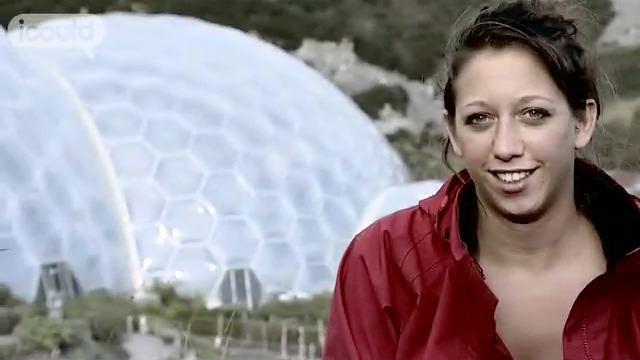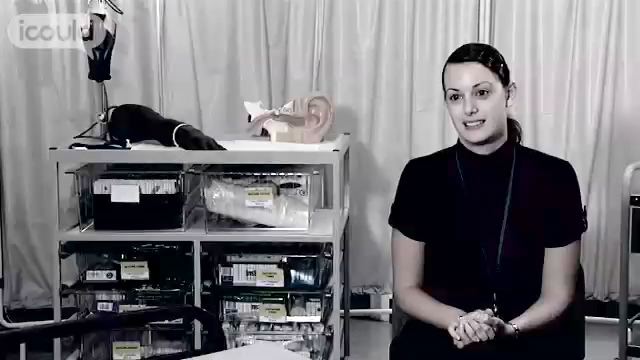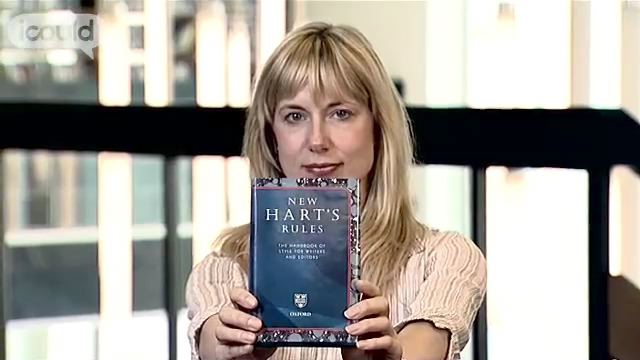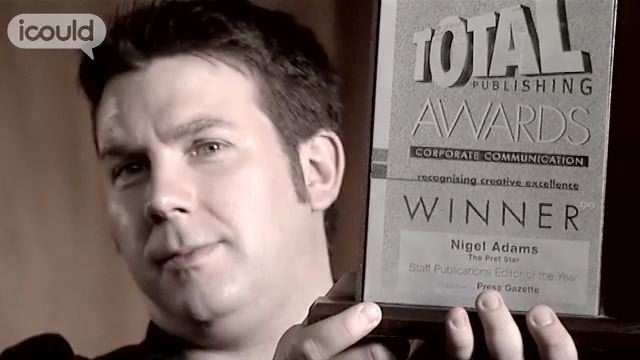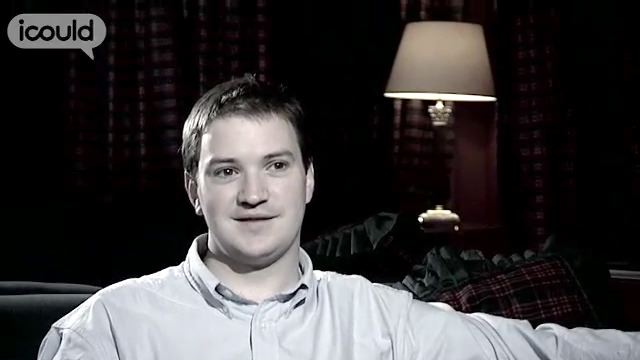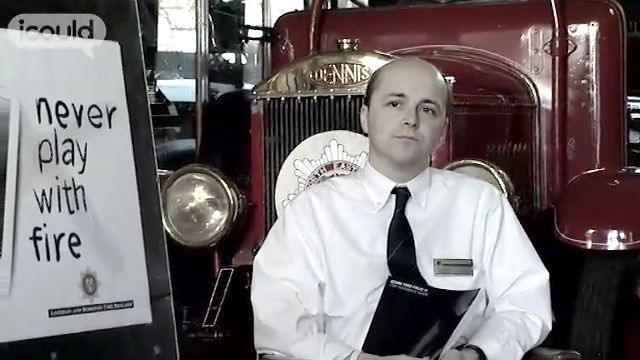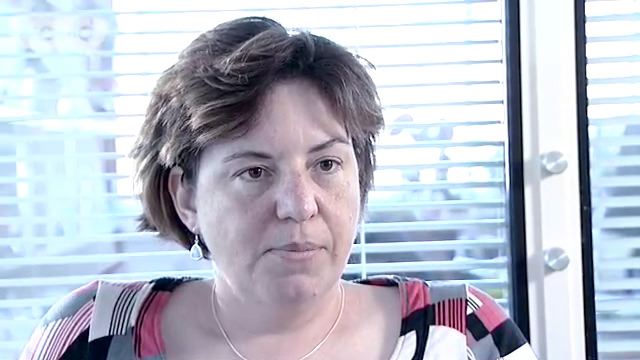Communications Officer
Addenbrookes Hospital
Katie J
00:00:01 My job involves communicating various stories and messages to different people, so whether it’s to staff within the hospital, or to patients coming in, or to visitors or relatives – it’s a lot of meeting people, and just talking to them and finding out about their stories and what they want to tell people. I think it’s just the variety of work that I really enjoy in my job – not one day’s the same. Always learning, and I’m always striving to do the best at what I do.
00:00:31 When I was younger I always wanted to be an actress. But then realised I couldn’t act at all! And then didn’t have a clue what I wanted to do until I started doing my GCSEs. I really liked school, I really liked the creative side of it, like I did Media Studies. And I didn’t really know what I wanted to do, I knew I wanted to stay in Media Studies area, but Public Relations kind of
00:01:20, I didn’t know that much about it. One – a member of my family was a Communications Manager at a large company, so I went there for a week and did some work experience. Once I did my work experience I knew from that point that that’s what I wanted to do. I was really inspired by it and it was – it was so interesting. In just a week I learnt so much, and that really inspired me to go on and work in that area. I did a degree in Public Relations. I went to University in Leeds, where I didn’t know anybody at all, and that made me sort of meet new people, and then doing the course that I did it gave me so much confidence. And once I’d finished my degree I actually moved down to Leicester and got a job in a PR Agency down there. But I think my degree had given me the confidence to do that. And then I got a job at Addenbrookes, which is an area I’ve never been in before, I’ve never done health care before. I’ve been here now just over a year, and am thoroughly enjoying it.
00:01:46 Working at Addenbrookes we do have a very large amount of people. Having seven thousand people to kind to talk to and get ideas from can be quite daunting, but it’s a really good challenge, and that’s something that I really thrive on with my job. I’m always learning something new from a different member of staff every day. I think the hardest thing to learn, particularly working in health care, is kind of the clinical element of it. I remember when I first started I thought – how am I going to work out what people are saying to me when I don’t understand all their kind of medical terms and jargon and what they use. But again that’s something that you pick up as you go on. It’s quite different to any of the other jobs.
00:02:28 It’s got so many different elements to it. Speaking to lots of different people, getting involved with the media, getting involved in events management. It’s really rewarding when it goes really well. Like if you do a big event, the thrill you get when it all goes great and you’re getting so much praise from everybody, it’s just so worth doing, and it’s really really enjoyable.
00:02:49 ENDS
Katie puts her love of media, and her degree in public relations, to great use in her role as communications officer at Addenbrookes Hospital. Initially inspired by a work experience opportunity, she now really enjoys dealing with the media, managing events and talking to people to discover their stories.
More information about Archivists, conservators and curators
The UK average salary is £29,813
There are 37.5 hours in the average working week
The UK workforce is 47% female and 53% male
Future employment
- Examines, appraises and advises on the acquisition of exhibits, historic records, government papers and other material
- Classifies material and arranges for its safe keeping and preservation
- Maintains indexes, bibliographies and descriptive details of archive material and arranges for reproductions of items where necessary
- Examines objects to identify any damage and carries out necessary restoration whilst preserving original characteristics
- Makes sure that storage and display conditions protect objects from deterioration and damage
- Allows access to original material or material not on display for researchers
- Develops and promotes ideas for exhibitions and displays
- Negotiates loans of material for specialist displays
- Liaises with school and other groups or individuals, publicises exhibits and arranges special displays for general, specialised or educational interest
- Answers verbal or written enquiries and gives advice on exhibits or other material
